Merging T-Mobile's underutilized allocation of public spectrum into AT&T's network would improve capacity in some large US cities by around 30 percent Stephenson told attendees at a Council on Foreign Relations event, according to a report by Bloomberg.
"This transaction is very instrumental," Stephenson said. "Virtually on the day you close the deal, getting a 30 percent lift in capacity in New York City: that’s a significant improvement in call quality and data throughput.â€
Competitors, in particular Sprint, have joined some consumer groups in calling for close scrutiny of the deal, warning that it would reduce the number of major US carriers and reduce options for low cost mobile service.
Stephenson argued that such claims were unfounded however. "This is an intensely competitive industry,†he said. “It is intense before we do this transaction, it will be intense after we do this transaction.â€
Prior to the release of Apple's iPhone, America's four top carriers maintained silos of competition segregated by different cellular technologies operating on different frequencies, and locked customers into long term contracts with simple phones that were cheap to subsidize, erasing competition in hardware. They subsequently marketed expensive $2 to $3 ringtones and rented software applets such as simple games for several dollars a month.
The allure of the iPhone shattered the business model behind overpriced software and ringtones, allowing AT&T to rival Verizon despite having a newer network with less coverage in many areas. After getting the iPhone, Verizon forced AT&T to lower and expand its tethering options.
US carriers face significant problems in finding enough available spectrum to build out next generation mobile networks nationwide. AT&T has proposed merging its core network with T-Mobile and repurposing the company's acquired AWS bands for use in building out suburban and rural LTE service in the future.
While reducing the number of nationwide companies offering mobile service, the deal would better utilize the country's radio spectrum, which belongs to the public and is licensed to companies to use. The acceleration of AT&T's service improvements and LTE buildout would foster additional competition with Verizon, which has already started implementing its own LTE data network.
 Daniel Eran Dilger
Daniel Eran Dilger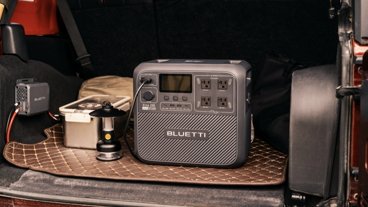

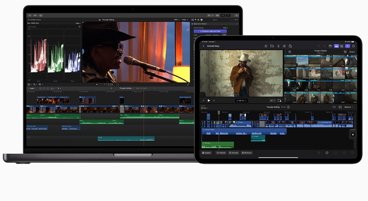
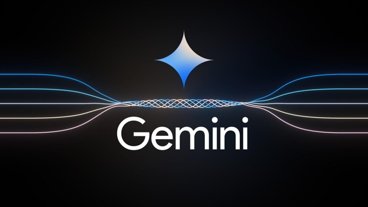
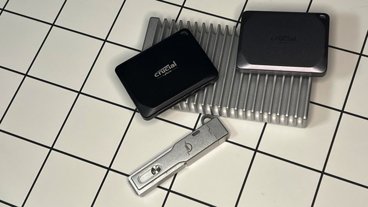








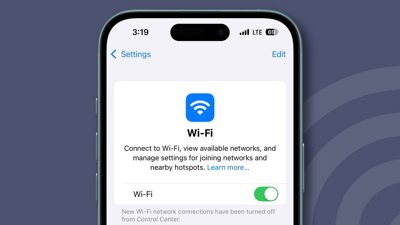
 Andrew Orr
Andrew Orr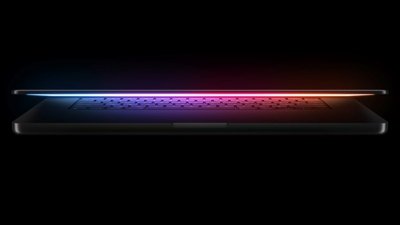
 Wesley Hilliard
Wesley Hilliard
 Malcolm Owen
Malcolm Owen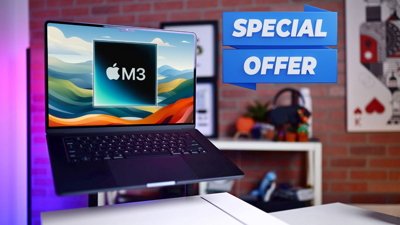
 Christine McKee
Christine McKee
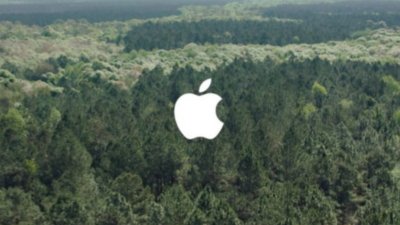

 William Gallagher
William Gallagher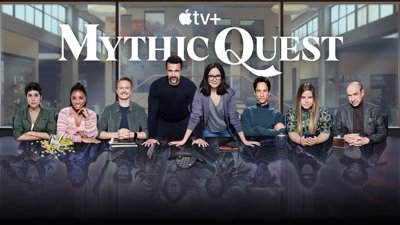
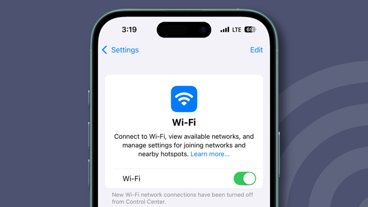
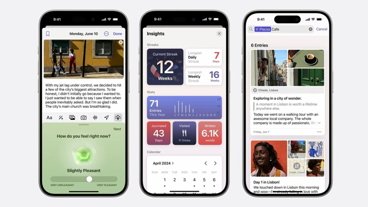






36 Comments
And why would anybody believe anything that the CEO of AT&T has to say about anything?
I have a very simple suggestion for the regulators:
Allow the merger of the networks on a technical level but force T-Mobile to keep operating as a mobile virtual network operator and giving it (and other mobile virtual network operators) all the access they need to the network.
"This transaction is very instrumental," Stephenson said. "Virtually on the day you close the deal, getting a 30 percent lift in capacity in New York City: that?s a significant improvement in call quality and data throughput.?
I would like him to define what he means by "virtual". Considering T-Mobile and AT&T operate 3G at different frequencies, it would be difficult to somehow merge them "on the day [they] close the deal."
More over, I would like AT&T to define what sort of plans we can expect around the time day close the deal. For instance, T-Mobile offers more minutes than AT&T on most plans and unlimited messaging plans are $10 cheaper.
I have a very simple suggestion for the regulators:
Allow the merger of the networks on a technical level but force T-Mobile to keep operating as a mobile virtual network operator and giving it (and other mobile virtual network operators) all the access they need to the network.
And keep my current T-Mobile $19.99/mo unlimited sms, unlimited data w/ tethering plan intact.
Chief executive Randall Stephenson defended AT&T's intent to buy T-Mobile, saying it would boost call quality, reduce overseas roaming fees, and maintain "intense" competition.
can't imagine it's all that difficult to reduce overseas roaming fees. just back in california from yet another trip to london. love it that every time i land in london and turn on my at&t-monopoly-locked phone i get the message from at&t that domestic plans don't apply, that voice is $1.39 a minute and data is $19.97 per megabyte. $19.97 per megabyte? are you mad?
i have a jailbroken 3GS into which i pop a t-mobile SIM and get cheap calls and 5 days of unlimited 3G data. the data costs £2.50. which ends up being just over $4. so, this trip, i paid $4 for unlimited data ... i used about 220MB. using the same amount of data roaming with at&t would have cost me about $4,393.40 + tax. only slightly more expensive.
(this is exactly the reason i jailbroke my phone, and one of the many reasons i loathe at&t.)
i do not believe the merger is in the interest of the consumer or in the interest of the market. the fcc has the ability to stop the merger. but they won't.